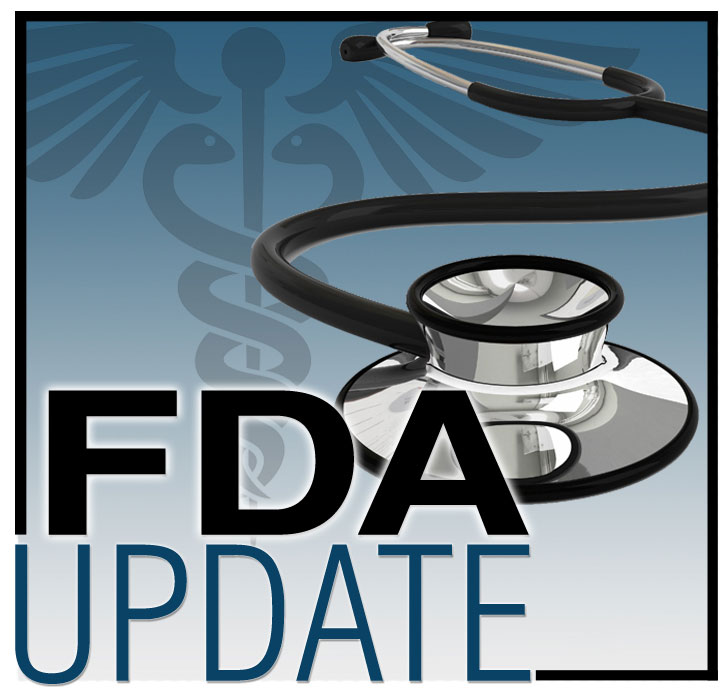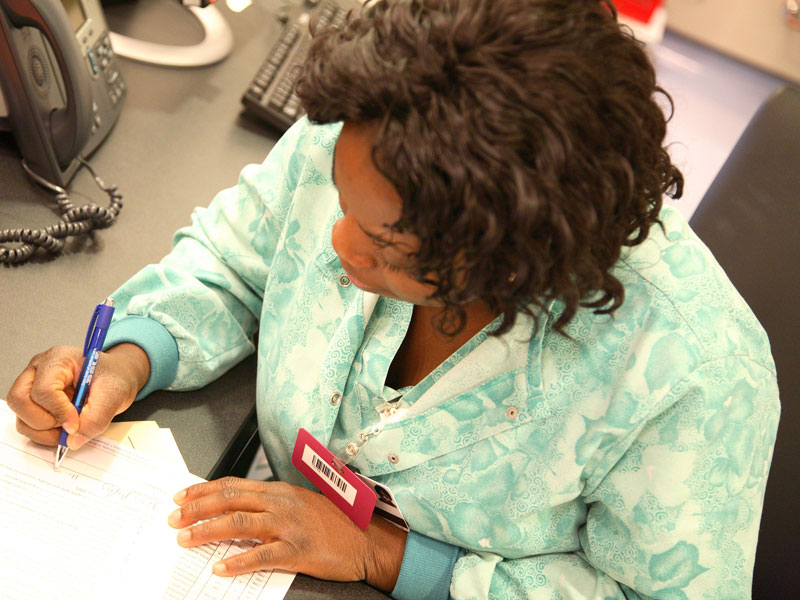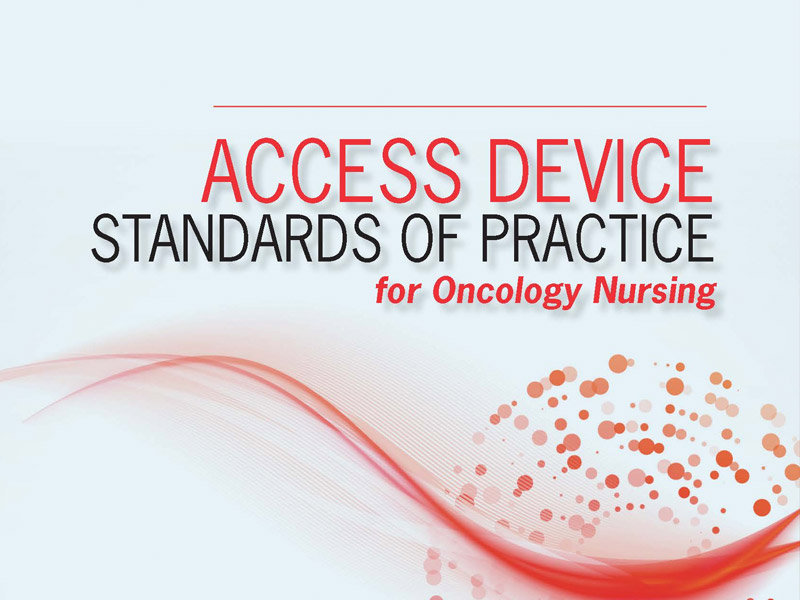FDA Approves Lenalidomide as Maintenance Therapy for Patients With Multiple Myeloma

On February 22, 2017, the U.S. Food and Drug Administration (FDA) approved lenalidomide (Revlimid®, Celgene Corp.) as maintenance therapy for patients with multiple myeloma following autologous stem cell transplant.
- Read more about FDA Approves Lenalidomide as Maintenance Therapy for Patients With Multiple Myeloma
- Add new comment
Advancements in Immunotherapy, Genetics Lead ASCO’s Annual Progress Report

Every year, oncology research marches toward new, innovative treatments for patients with cancer. Cancer research is a cumulative process—building upon itself year after year—but, with time, major changes begin to make their way into practices across the country. Some of these advancements stand to change the face of cancer treatment for years to come. In a field of constant evolution, oncology nurses and their colleagues need to stay abreast of developments in science and technology as new knowledge is uncovered in the treatment of cancer.
- Read more about Advancements in Immunotherapy, Genetics Lead ASCO’s Annual Progress Report
- Add new comment
Developing Oncology Partnerships Around the World

By 2035, it’s expected that 22 million new cancer cases will be diagnosed annually around the world. The global burden of cancer care and treatment is something that affects all nations and cultures. Through collaboration, understanding, and a dedication to forging new relationships, oncology professionals from around the world are coming together to fight for their patients and colleagues on February 4, 2017, for World Cancer Day.
ONS Member Meneses Named UAB’s 2016 Distinguished Faculty Lecturer

After more than 40 years as an oncology educator, researcher, and nurse, ONS member Karen Meneses, PhD, RN, FAAN, has been named the University of Alabama at Birmingham’s (UAB’s) 2016 Distinguished Faculty Lecturer. This is the highest honor given at the university, and Meneses is only the second nurse from UAB’s school of nursing to ever receive the honor.
The Impact of Comorbidities on Patient Care

More than ever before, oncology nurses are required to provide multifaceted care when it comes to managing patients with cancer. As the population of patients with cancer continues to age and cancer becomes more of a chronic condition, oncology nurses are seeing more patients who exhibit comorbidities during their cancer journey.
New Access Device Standards Will Help Improve Safety in Your Practice

Access devices have been used for decades to administer the complex treatments and supportive care that oncology nurses deliver daily to patients with cancer. As these devices and other products evolve, nurses need evidence-based methodologies for critiquing their safety and effectiveness.
- Read more about New Access Device Standards Will Help Improve Safety in Your Practice
- Add new comment
What Is Chemotherapy Competence Versus Chemotherapy Certification?

The ONS clinical inbox frequently receives questions about whether nurses need to be “chemotherapy certified” to give specific chemotherapy and/or biotherapy agents.
- Read more about What Is Chemotherapy Competence Versus Chemotherapy Certification?
- 5 comments
- Add new comment
Honoring the Legacy of Retiring Congresswoman Lois Capps, RN
- Read more about Honoring the Legacy of Retiring Congresswoman Lois Capps, RN
- 1 comment
- Add new comment
Palliative Care, Opioids, and Biomarkers Lead NIH's 2016 Research Year in Review
- Read more about Palliative Care, Opioids, and Biomarkers Lead NIH's 2016 Research Year in Review
- Add new comment





